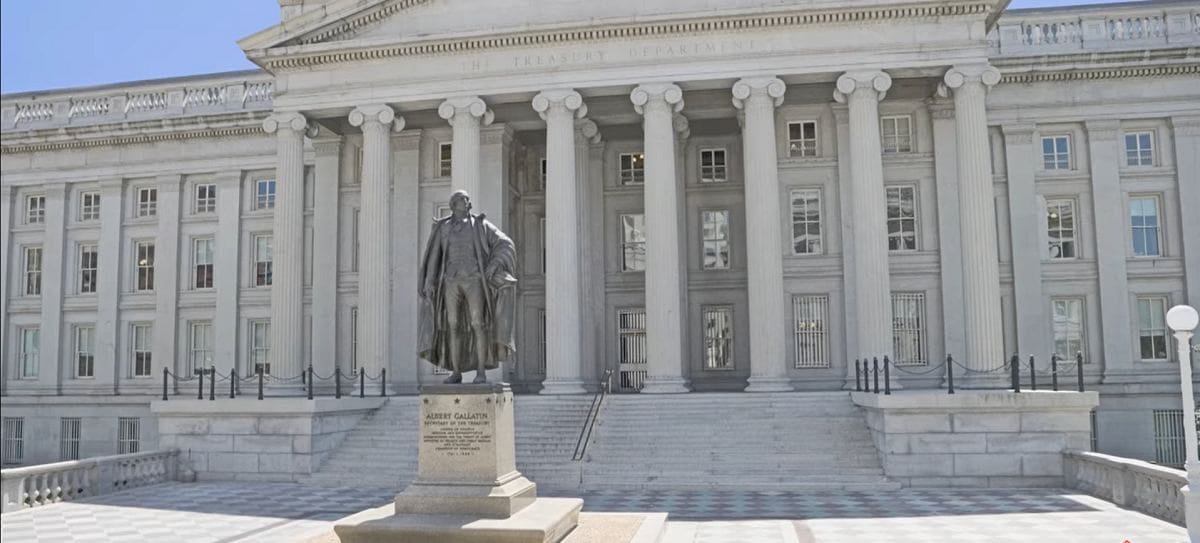Video: Guide to Income Tax Refund Garnishment
Do you have some concern that your tax refund will be garnished by some of the creditors you owe money to? If so, you should know that their ability to garnish your tax refund depends on what the debt is for and who the original creditor is. Watch this video to find out more about tax refund garnishment.
The One Big Beautiful Bill that passed includes permanently extending tax cuts from the Tax Cuts and Jobs Act, including increasing the cap on the amount of state and local or sales tax and property tax (SALT) that you can deduct, makes cuts to energy credits passed under the Inflation Reduction Act, makes changes to taxes on tips and overtime for certain workers, reforms Medicaid, increases the Debt ceiling, and reforms Pell Grants and student loans. Updates to this article are in process. Check our One Big Beautiful Bill article for more information.
Video transcript:
Hello, I'm Scott from TurboTax, with important news for taxpayers about tax refund garnishments.
Do you have some concern that your tax refund will be garnished by some of the creditors you owe money to? If so, you should know that their ability to garnish your tax refund depends on what the debt is for and who the original creditor is.
If your creditor is eligible to garnish your tax refund, a request must be made to the Department of Treasury, which is the agency responsible for the IRS and issuing tax refunds. Generally, the only creditors that can garnish tax refunds are the IRS, Department of Education, and agencies collecting for unpaid child support. Other creditors might be able to garnish your checking or savings account holdings, but typically, they cannot intercept your Federal tax refund.
If the Treasury honors a request from an agency that can garnish refunds, the IRS should provide you with notice that your tax refund will be paid to your creditor. But if your refund is larger than the debt you owe, you should receive a tax refund for the difference.
When your creditor is the IRS, meaning you have other unpaid taxes, it's common practice for the agency to garnish your future tax refunds and apply them to your past-due tax balances.
And if you have debts with more than one eligible creditor, all future refunds are subject to garnishment until all debts are paid in full.
There is a payment priority that the Treasury must follow when garnishing your tax refunds.
The IRS will always use your tax refunds to satisfy your tax debt in full before sending your refund to other eligible creditors. Only then can your tax refund be used to pay off past-due amounts that you owe to other eligible creditors.

With TurboTax Live Full Service, a local expert matched to your unique situation will do your taxes for you start to finish. Or get unlimited help and advice from tax experts while you do your taxes with TurboTax Live Assisted.
And if you want to file your own taxes, TurboTax will guide you step by step so you can feel confident they'll be done right. No matter which way you file, we guarantee 100% accuracy and your maximum refund.
Get started now by logging into TurboTax and file with confidence.














